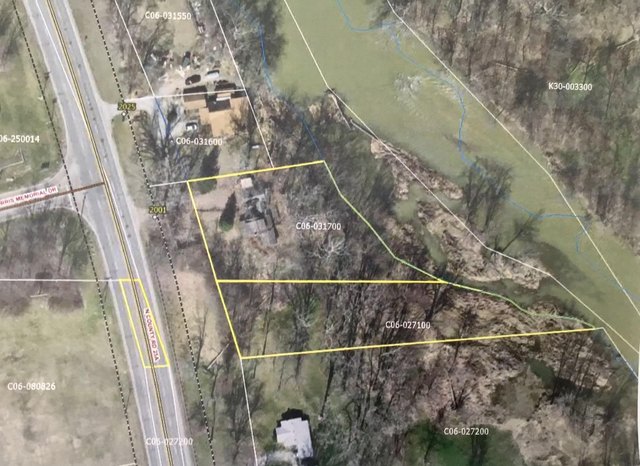If you insist on running the van engine to power the lathe then I would install a second high output alternator and dedicate it to the tool power. Many emergency vehicles have dual alternator setups. If buying a new full size van, a dual alternator system may be a standard(ish) option. Aftermarket high output alternators are very available, and most likely full installation kits for dual setups for about any vehicle.
Having said that, a 2000W or 3000W Honda generator is very quiet and would easily run your lathe. Pure sine wave output also, and they have pretty good surge capacity. But if you go that route make sure you buy genuine Honda from a Honda dealer.
7 amps at 120V is 840W, so realistically a 2000W inverter would be fine, the start load is not going to be 3x on a BLDC motor. And good inverters have some surge capacity, but as said above, get one with a pure sine wave output. There is a lot of cheap junk out there.
Above all plan for expansion. First is the lathe and the next thing you know you will need a mill, then a band saw, and ........ and........ and........ I think you're going to need a bigger van.


 www.hobby-machinist.com
www.hobby-machinist.com

 www.hobby-machinist.com
www.hobby-machinist.com



